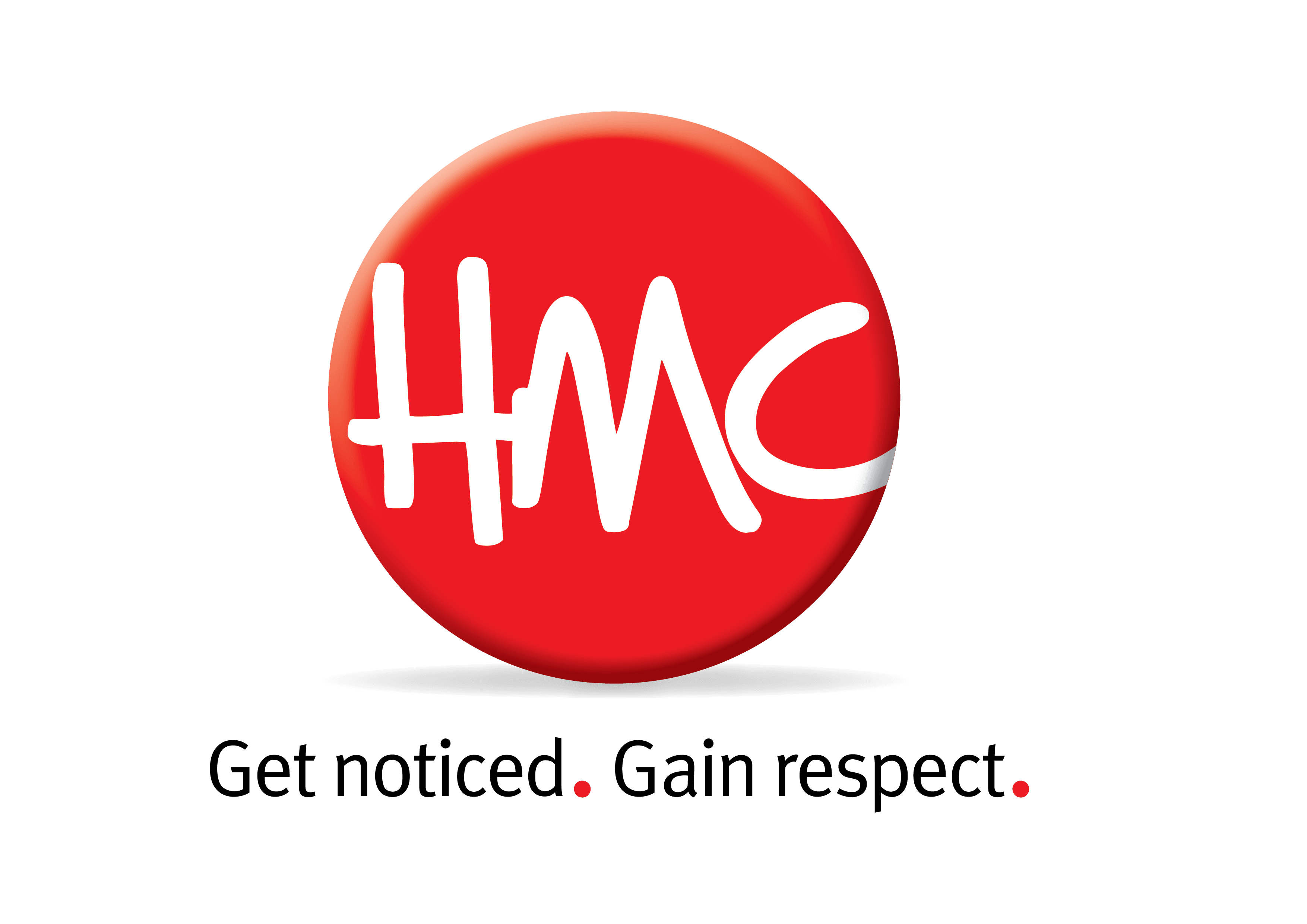Recently my team led the communications during a major crisis for a client. It was one of those projects every consultant dreams about where the client closely adhered to our recommendations and was stunning at executing under pressure.
More than once, we’ve said around the office that the project was a classic case study for others to learn the correct communications steps to take to avoid a public relations disaster.
Here was the basic situation: The client’s staff made a mistake and sent customers ‘product A’ when the customers ordered ‘product B.’ The customers, however, couldn’t distinguish between the two products so were unaware. The scariest bit was that incorrect use of ‘product A’ could result in severe safety consequences.
There are five communications lessons that every company can learn from what our client did well:
Prioritise audiences – When crisis hits, the first question to ask yourself is, “Who do we need to tell?” In this case, customers were priority number one.
It’s always easy to get distracted by how other audiences might react. In this case, when would media find out and what would they report? What would competitors do? What would the company lawyers let them do? Would rogue people with little knowledge stir up negativity on social media?
But instead of being distracted, the client focused solely on the customers first, ensuring they were armed with all the knowledge they needed with a safety message at the forefront.
Fronting up – When a worst-case scenario happens in your organisation, it’s human nature to want to cower quietly in the corner and hope the situation blows over quickly. However, taking a bold approach and facing the music is the approach that always works best.
In this case, our client was honest and admitted and owned the mistake quickly. They were willing to talk to customers, the media, social followers and any others who wanted information about what happened and, importantly, what was going to happen next.
The company did this so well, they garnered public praise from many corners of the industry – and media - about the honest way they handled the situation, including from those who had previously been strongly critical.
Genuine spokesperson – A crisis can succeed or fail based on the authenticity of the person delivering the message. It’s incredibly important to put up a genuine leader who has empathy.
The company was in the fortunate position that their leader was a respected industry player who truly had the customers’ best interests at heart. And this came across incredibly well in written messages to customers as well as radio interviews.
Socially savvy – Often times crises break on social media. But even if a crisis doesn’t break on social, it has the potential to blow up there. So, you must have an eagle eye and close, constant monitoring to proactively interact with fans and followers 24/7. It’s certainly not enough to put up one post that mirrors a customer letter or media release and call it ‘done.’
In this case, because the client prioritised their customer audience, we broke the news of the situation on their Facebook page. We did this days before the story was reported in traditional media channels.
This worked so well because by using the company’s number one customer-facing communications channel first, the action reinforced the fact that customers mattered most. Overall negative reaction was kept to a minimum.
Crisis after the crisis – Dr Chris Galloway, a senior lecturer in Communications at Massey University, recently shared that an Australian study found that, “around 25% of Australian firms who mishandled the crisis after the crisis were out of business within 12 months.”
It’s incredibly important to keep talking to your audiences even after you feel the crisis has settled down. If you don’t fill the vacuum with new messages, one small thing has potential to fan the flames and you could find yourself fighting a secondary fire you didn’t see coming.
Think about using the time period following a major crisis as an opportunity to demonstrate customer care and hone your communications skills.

